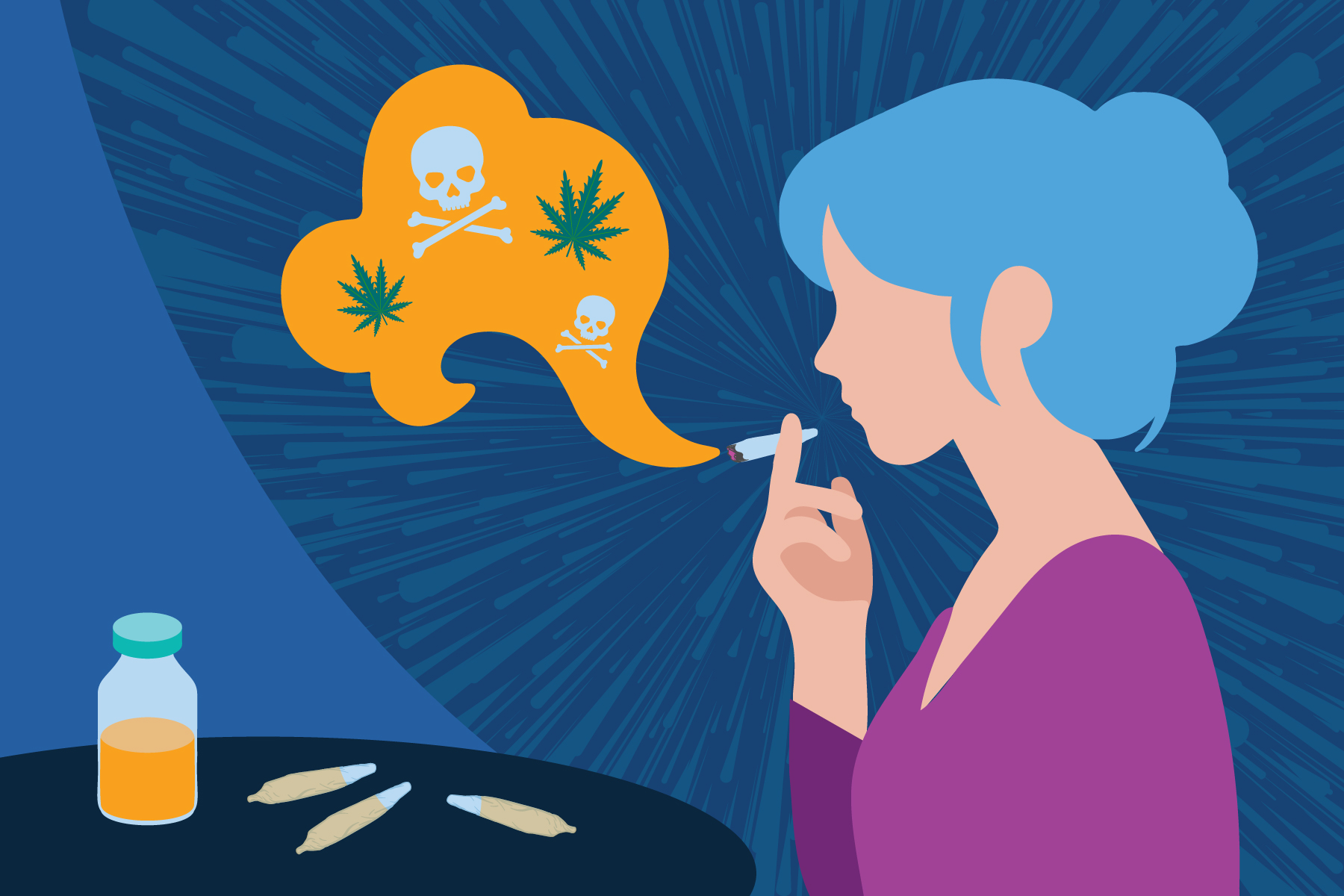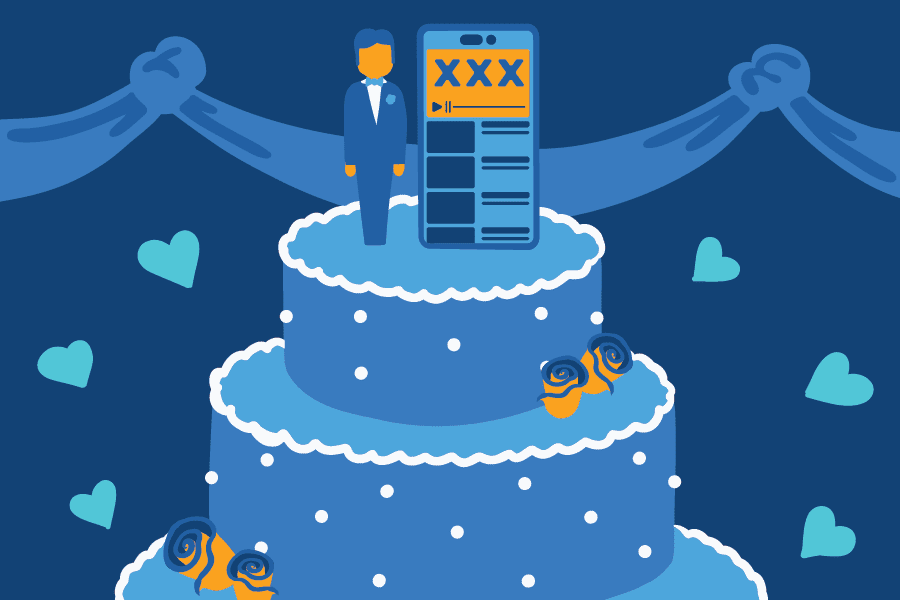What Are the Signs and Symptoms of Anxiety?
Many teens and young adults wrestle with anxiety which manifests itself in different ways. For some, it’s rooted in social settings; for others it can come about in stressful or unpredictable situations.
In any case, properly identifying anxiety and pursuing effective treatment is very important. Below lists out the signs and symptoms of anxiety:
- Restlessness, irritability, dread, panic, and fear.
- Worry that inflates. Worry that overwhelms. Worry that grows until the rest of your life is squashed against the edges.
- Stomach aches, insomnia, dizziness, nausea, sweating, tremors, and twitches.
Anxiety is a natural response to stress, and even though it may not seem like it when your palms are sweating and your heart is pounding before that big presentation, it’s helpful.
Anxiety becomes a disorder when it doesn’t stop, is too big for a situation, or kicks in for no apparent reason and becomes difficult to cope with or manage. There are many different types of anxiety disorders, but any of them can disrupt your life if left untreated.
What are Benzos and Why are they Not the Long Term Solution?
Benzodiazepines (Valium, Xanax, Klonopin, Ativan) are a class of prescription drugs that can be effective to help manage anxiety but only in moderation and in the short term. They affect the central nervous system to create a feeling of calm and eliminate the symptoms of anxiety.
This sounds great, but benzos are not a long-term solution. The New England Journal of Medicine reports that if you take them daily for an extended period, they stop working and can even worsen anxiety and insomnia.
Most users become dependent on benzos within even a month of use and experience withdrawal symptoms when they stop taking them leading to dependency.
Luckily there are safer ways to treat and manage anxiety disorders.
Effective Benzo Treatment
Medical Detox for Benzos
Typically, the first step for helping support someone who has used benzos for an extended period of time (greater than 1 month) begins with medical detox.
As noted, benzo use can lead to dependency with significant withdrawal symptoms that can be very dangerous and life threatening. Seizure risk is particularly high when withdrawing from benzos which is the primary reason why a safe medical detox is often recommended.
Once stabilized, ongoing treatment in either an inpatient or outpatient setting is recommended to help individuals learn to cope and better manage their anxiety. In particular, Cognitive Behavioral Therapy (CBT) has proven to be effective and long-lasting.
This treatment gets you actively involved in your recovery. It involves identifying and examining your thinking so you can change your behavior. The Anxiety and Depression Association of America has helpful information on CBT and other therapy options.
Exercise
It seems like exercise is declared the solution to everything, but it is helpful. It releases endorphins that improve your mood and can offer several hours of relief.
Non Addictive Medications to Treat Anxiety
- Antidepressants:
- Antidepressants relieve both depression and anxiety. This is beneficial because it’s common for people to struggle with both. There are many different kinds of antidepressants and they each come with their own list of side effects, so it may take some time for you and your physician to find the one that works best for you. SSRIs and SNRIs are the most commonly prescribed.
- Selective Serotonin Reuptake Inhibitors (SSRIs):
- Serotonin helps with mood regulation, and SSRIs, like Paxil, Prozac, and Zoloft, improve your mood by increasing levels of serotonin in your brain. SSRIs can work for any type of anxiety disorder.
- Serotonin-Norepinephrine Reuptake Inhibitors (SNRIs):
- SNRIs, like Cymbalta and Effexor, are similar to SSRIs, but they increase both serotonin and norepinephrine, also known as the stress hormone.
Benzodiazepines aren’t a good long-term solution for treating anxiety disorders, but there are several other options to consider. If you are currently using benzodiazepines but want to stop, be sure to reach out for assistance. The withdrawal symptoms can be intense and dangerous.
Sandstone Care’s Benzo Treatment Options
Sandstone Care Programs specialize in treating individuals struggling with benzo use and in need of ongoing treatment to manage their anxiety and depression. Please contact us for more information on how we may be able to support you or a loved one.






